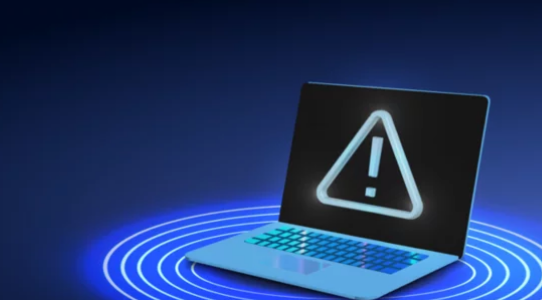Discovering that your computer has been hacked can feel overwhelming. From stolen passwords to corrupted files, a cyberattack can put your personal security, finances, and sensitive information at serious risk. The good news is that with the right steps, you can minimize damage, recover control, and strengthen your defenses against future attacks.
This detailed guide will explain how to know if your computer has been hacked, what immediate actions to take, and how to protect yourself moving forward.
How Do You Know If Your Computer Has Been Hacked?
Before taking action, you need to confirm whether your system has been compromised. Some common signs of hacking include:
- Unusual Activity: Programs opening on their own, system slowing down, or unfamiliar pop-ups.
- Password Issues: Inability to log into accounts or receiving notifications of login attempts from unknown devices.
- Strange Files or Programs: Unknown applications installed without your knowledge.
- Antivirus Alerts: Security software detecting malware or suspicious files.
- Unauthorized Financial Activity: Unexplained charges, missing funds, or alerts from your bank.
If you notice one or more of these red flags, it’s time to act quickly.
Immediate Steps to Take if Your Computer Is Hacked
1. Disconnect From the Internet
Unplug Ethernet cables or turn off Wi-Fi immediately. This prevents hackers from continuing to access your system remotely and stops malware from spreading further.
2. Change Your Passwords
- Start with critical accounts such as email, banking, and social media.
- Use strong, unique passwords for each account.
- If possible, change them from a secure device, not the compromised one.
3. Run a Full Antivirus Scan
Update your security software and run a deep system scan. Many hacking attempts involve malware, trojans, or spyware that can be detected and removed with robust antivirus tools.
4. Identify and Remove Suspicious Programs
Go through your installed applications and uninstall anything you don’t recognize. Hackers often hide malicious programs under legitimate-looking names.
5. Check for System Updates
Ensure your operating system, web browsers, and software are fully updated. Cybercriminals frequently exploit outdated systems with known vulnerabilities.
6. Enable Multi-Factor Authentication (MFA)
Adding an extra layer of security makes it much harder for attackers to access your accounts, even if they have your password.
7. Inform Your Bank and Credit Card Companies
If financial details may have been exposed, contact your bank immediately. They can freeze accounts, reverse unauthorized charges, and monitor suspicious activity.
Advanced Recovery Steps
If your system is severely compromised, additional measures may be necessary.
1. Restore From a Clean Backup
If you keep regular backups (on an external hard drive or secure cloud), wipe your computer and restore your data. Make sure backups are from a date before the hack occurred.
2. Reinstall Your Operating System
For serious infections, a full system reset or OS reinstall may be the only safe solution. This ensures no hidden malware remains.
3. Monitor Your Online Accounts
Keep an eye on your email, banking, and social media accounts for suspicious activity in the weeks following the attack.
4. Consider Professional Help
If sensitive business or personal data is at stake, hiring a cybersecurity expert for a forensic analysis can help identify how the breach occurred and ensure complete recovery.
How to Prevent Future Hacks
Recovering from a cyberattack is stressful. The best protection is prevention. Here are proven ways to reduce your risk:
- Use Strong, Unique Passwords – Avoid reusing passwords across accounts.
- Keep Software Updated – Regular updates patch security vulnerabilities.
- Install Reliable Security Software – Antivirus, anti-malware, and firewalls are essential.
- Be Wary of Phishing Emails – Do not click on suspicious links or attachments.
- Secure Your Wi-Fi Network – Use a strong password and WPA3 encryption.
- Back Up Data Regularly – Store backups offline or in secure cloud storage.
- Enable MFA Everywhere Possible – A crucial barrier against account takeovers.
What If Your Business Computer Network Is Hacked?
For companies, a hacked computer can lead to customer data breaches, downtime, and reputational damage. If you run a business:
- Isolate infected systems immediately.
- Notify your IT team and cybersecurity experts.
- Report the incident to authorities and regulatory bodies.
- Communicate transparently with clients if sensitive data is at risk.
Having a cyber incident response plan is vital for minimizing losses and speeding up recovery.
Final Thoughts: Stay Alert and Stay Secure
Being hacked is unsettling, but it doesn’t have to be devastating. By acting fast—disconnecting from the internet, securing your accounts, running antivirus scans, and restoring from backups—you can take back control. More importantly, adopting proactive measures such as strong passwords, regular updates, and employee awareness training (for businesses) will drastically lower your risk of future attacks.
Your computer holds valuable personal and financial information—treat cybersecurity as a necessity, not an option.
Also Read :
